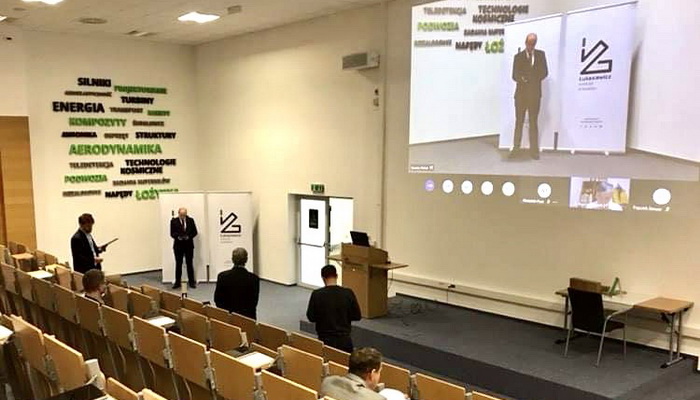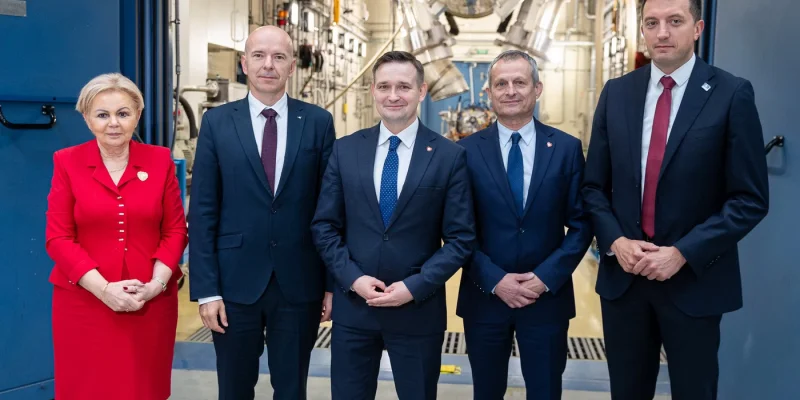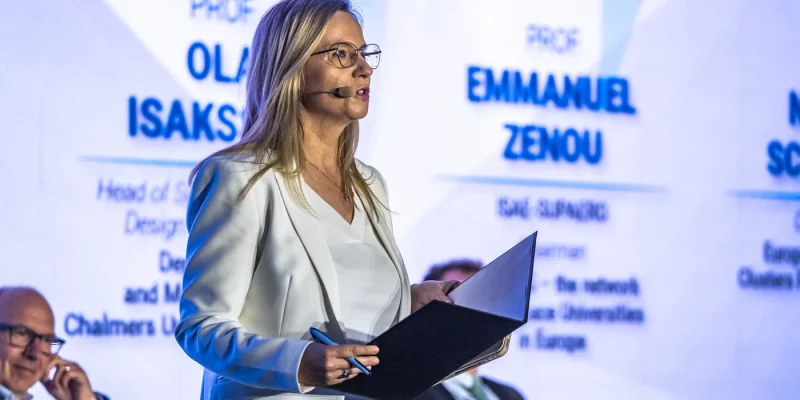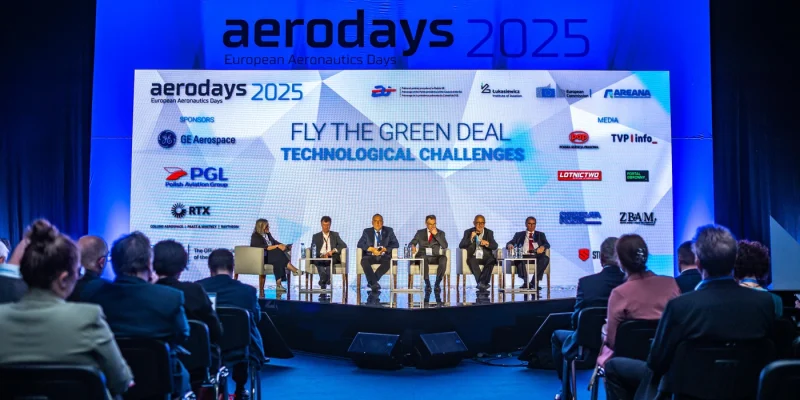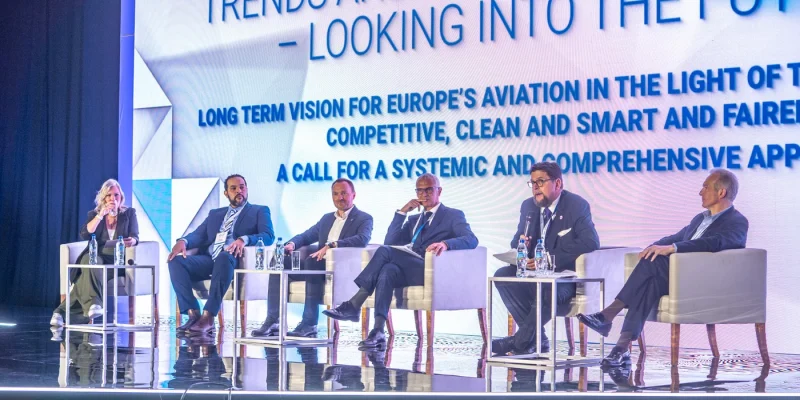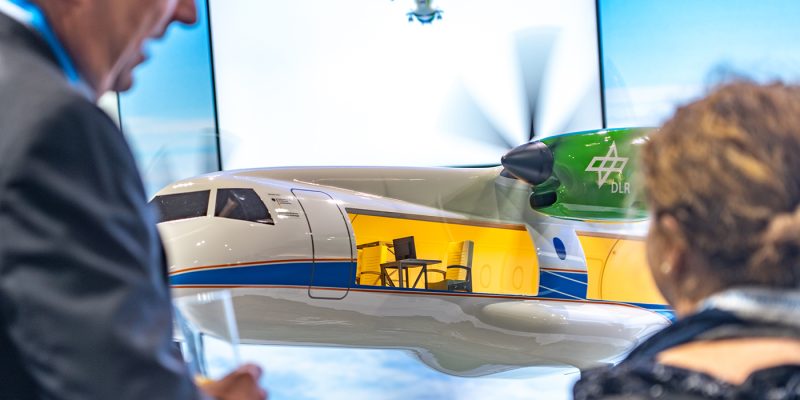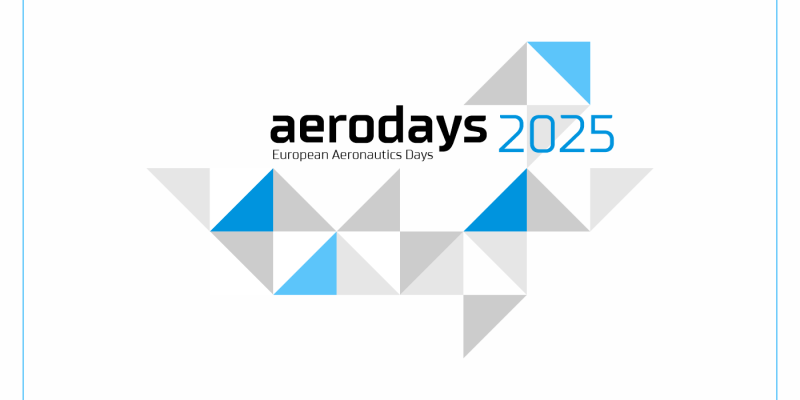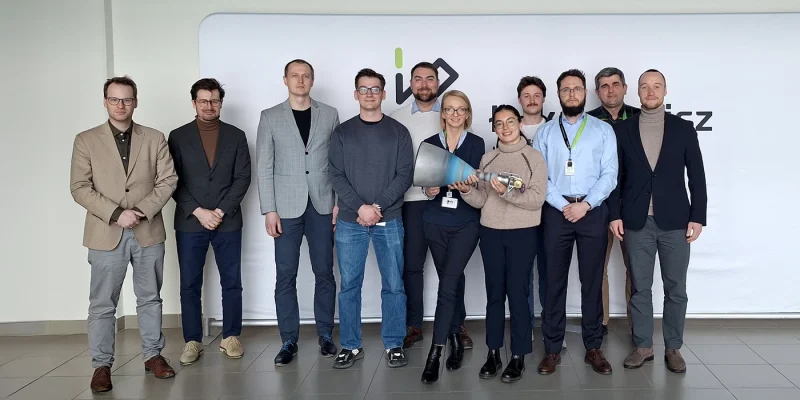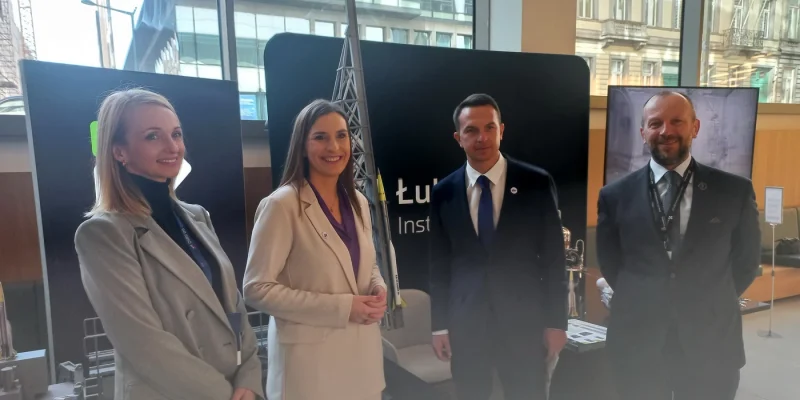The Łukasiewicz Research Network – Institute of Aviation was the organizer of a “International Workshop on Detonation for Propulsion 2020” (IWDP 2020). The event was organized in a hybrid formula on October 21-23, 2020 with the participation of Polish and global experts.
The organization of the IWDP 2020 was undertaken in recognition of professor Piotr Wolański’s contribution to the development of the Rotating Detonation Engine (RDE). Professor Wolański is associated with the Institute of Thermal Technology (Warsaw University of Technology) and the Łukasiewicz Research Network – Institute of Aviation, where, as a result of the research project, for the first time in the world, the rotating detonation effect was used in the GTD-350 turbine engine.
During the IWDP 2020, professor Wolański gave a keynote speech on “Research on Detonative Propulsion in Poland”, which presented research work conducted in Poland on rotating detonation. The presentation included, among others, development of RDE works for rocket engines carried out in the Łukasiewicz Research Network – Institute of Aviation. The subject of these works was also elaborated on by the researchers of the Institute in their papers.
The workshop was also an opportunity to learn more about the work of world experts and authorities in the field of RDE. The presentations covered aspects related to research on the application of detonation in engines, with particular emphasis on: new concepts/ideas devoted to the detonative propulsion from sub-component to system levels, experimental research on continuously rotating detonation and pulsed detonation, development of the systems working on liquid fuels, analytical and computational methods of detonation propulsion from sub-component to system levels and development of propulsion systems based on detonative combustion.
Both Łukasiewicz Research Network – Institute of Aviation and Warsaw University of Technology representatives as well as on-line guests from universities in Singapore, South Korea, Japan, China, USA, Ireland, France and other countries were actively involved in the discussion. In total, 50 scientists took part in IWDP 2020.
Papers of foreign guests will be published in the scientific journal of the Łukasiewicz Research Network – Institute of Aviation entitled “Transactions on Aeronautical Research”, while other papers including works carried out in Poland will be published in the monograph: “Research on Detonative Propulsion in Poland”.
—
Łukasiewicz Research Network – Institute of Aviation is one of the most modern research facilities in Europe, with traditions dating back to 1926. The Institute closely cooperates with global tycoons of the aviation industry, such as: General Electric, Airbus or Pratt & Whitney, and institutions from the space industry, including the European Space Agency. Strategic research areas of the Institute are aviation, space and unmanned technologies. It also provides research and services for domestic and foreign industries in the field of materials, composite, additive, remote sensing, energy as well as mining technologies.
The Łukasiewicz Research Network provides attractive, complete and competitive technological solutions. It offers a unique system of “challenging” to business, thanks to which a group of 4 500 scientists in no more than 15 working days accepts the business challenge and proposes the entrepreneur to develop an effective implementation solution. At the same time it involves the highest competences of scientists in Poland and a scientific apparatus unique in Poland. What is most important – the entrepreneur does not bear any costs related to the development of an idea for research work. Łukasiewicz meets the expectations of business in a convenient way. The entrepreneur may decide to contact us not only through the form at https://lukasiewicz.gov.pl/biznes/ but also in more than 50 locations: the Łukasiewicz Institutes and their branches throughout Poland. They will receive the same high quality, product or service everywhere. The Łukasiewicz potential is focused around such research areas as: health, intelligent mobility, digital transformation and sustainable economy and energy.


